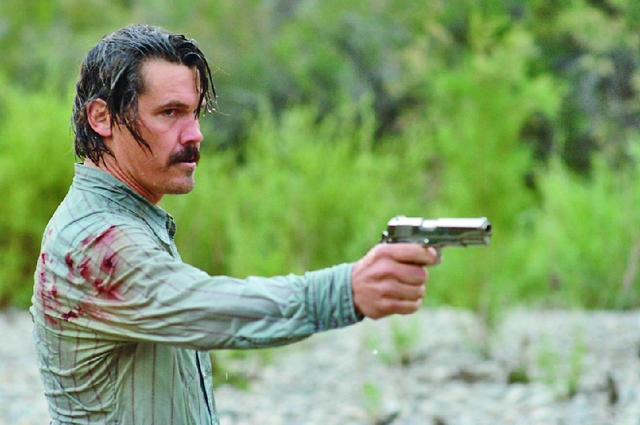No Country For Old Men


“Who wants party balloons?”
Latest Article|September 3, 2020|Free
::Making Grown Men Cry Since 1992


“Who wants party balloons?”